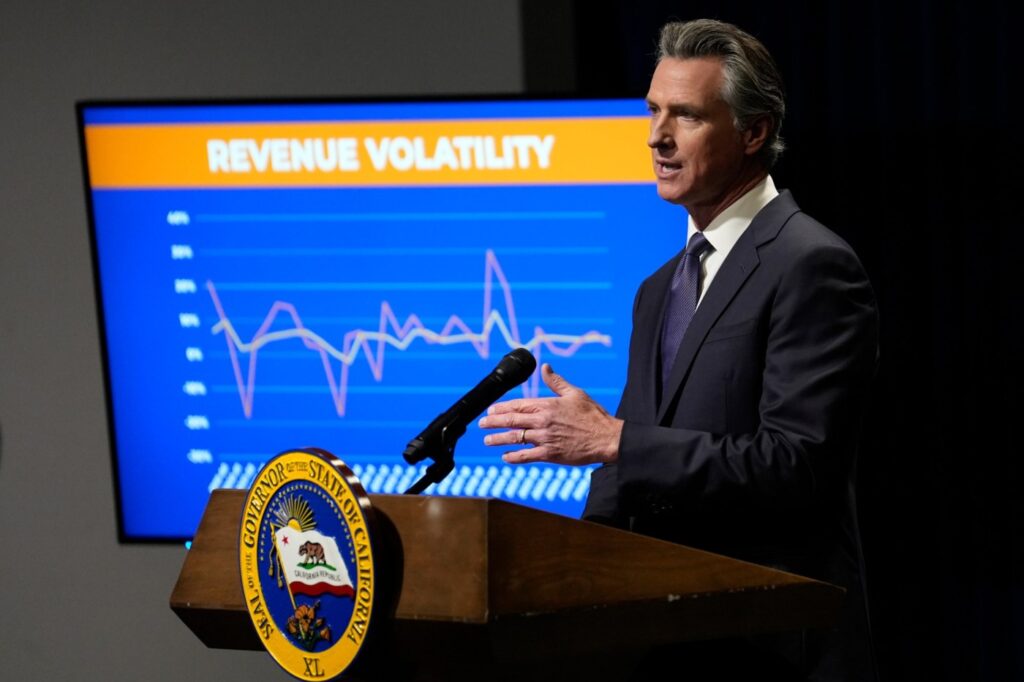
Four years after COVID-19 spiked joblessness, California still is finding it difficult to pay the now estimated $21 billion owed the federal government for what’s called Advances to State Unemployment Funds. The debt largely was run up during the unemployment spike during COVID-19 and was worsened by massive fraud.
According to the U.S. Treasury Department’s Fiscal Data site as of April 23, that was by far the highest debt among the states, with New York at $7.5 billion, Connecticut $227 million and the Virgin Islands $81 million. All the other states paid down their debts already – including states with high general-fund debt as Illinois and New Jersey.
According to a Los Angeles Times estimate, the cost to California employers for unemployment insurance could rise above 3.5% for the first $7,000 of every employee’s wages. Add the state UI Reserve Account payments and the cost could rise above $500 per employee every year. The Legislature is considering increasing the $7,000 ceiling to grab even more money.
In March, state unemployment remained the same as February’s 5.3%. But that was well above the 3.8% national rate, a drop from the 3.9% of the previous month. If unemployment rises in the Golden State, the system will be stressed even more, leading to yet higher taxes. It’s all on top of the other taxes paid by employers. And for fast-food restaurants, the new $20 minimum wage just dug in.
Alex Stack, a spokesman for Gov. Gavin Newsom’s office, told the Times the cause for the $21 billion debt was “helping those hardest hit by the pandemic while stimulating the economy.” But the pandemic hit other states, all of which except for New York have paid down their debt or will do so soon.
A good time for California to pay down the $21 billion debt was when the state enjoyed a $97 billion general-fund surplus two years ago. Instead, as Newsom’s office boasted in a press release when he signed the budget in June 2022, the money was spent on such things as the high-speed rail boondoggle and “to speed up our transition to zero-emission vehicles. Beep beep!”
Related Articles
Huntington Beach City Council’s silly fight over voter ID law
Newsom’s gun control constitutional amendment gets nowhere, to the surprise of no one
Elitism and arrogance threaten a backlash against Democrats
Keep NDAs out of the lawmaking process
Key questions about California’s budget deficit remain unanswered as deadlines loom
Now the state budget itself suffers a deficit of up to $73 billion, according to the Legislative Analyst’s Office. We’ll have updated numbers when Newsom releases the May Revision of his January budget proposal in two weeks, followed by the LAO’s new analysis.
Former state Sen. John Moorlach remembered in 2019, just before the pandemic, he was advancing a bill to require the rapid paydown of any future UI debt. But the Chamber of Commerce, supposedly pro-business, opposed the bill. “It made me pull the plug,” Moorlach told us; he’s currently the director of the Center for Public Accountability at the California Policy Center.
Newsom and the Democratic supermajority in the Legislature are solely responsible for the twin towers of state UI and budget debt. They own it. But it’s employers and workers who are stuck with the bill for paying it down.
